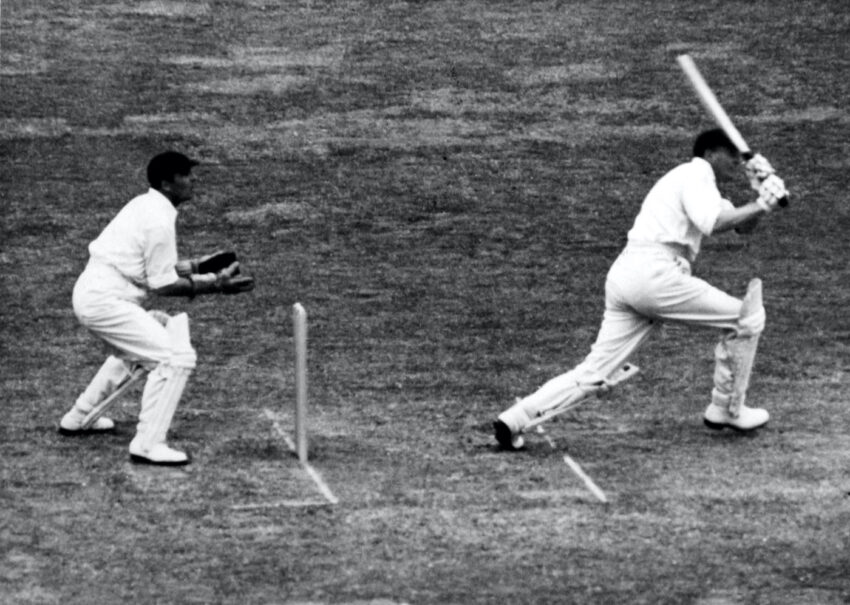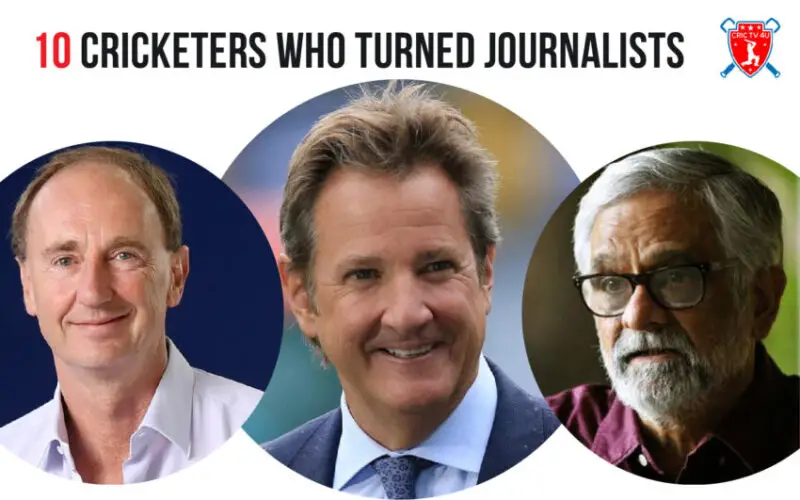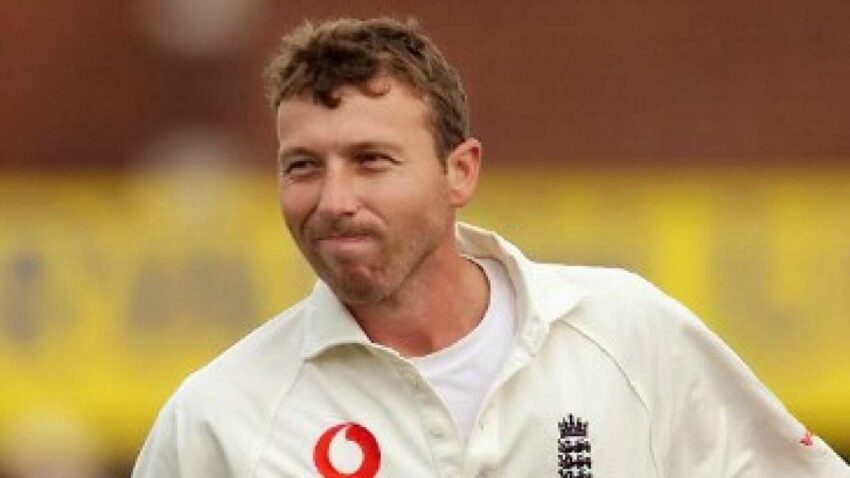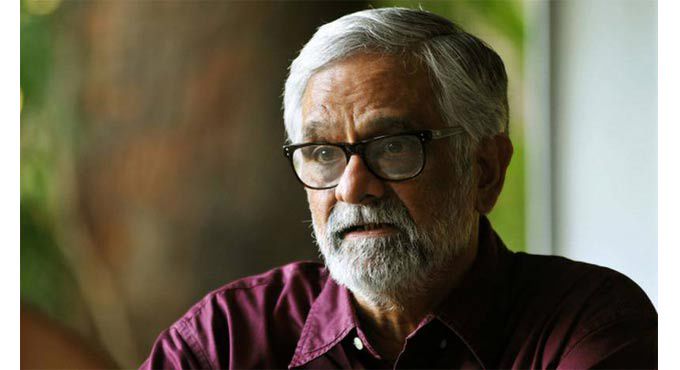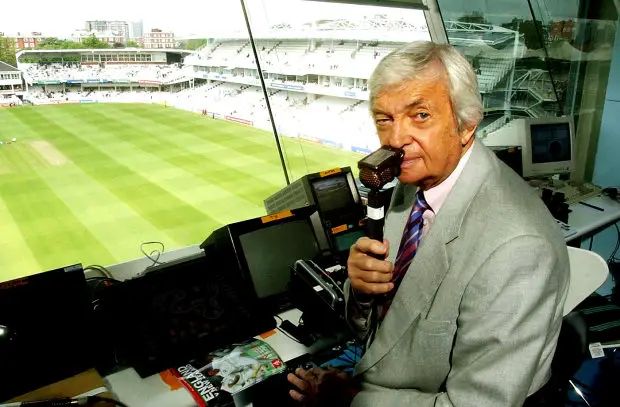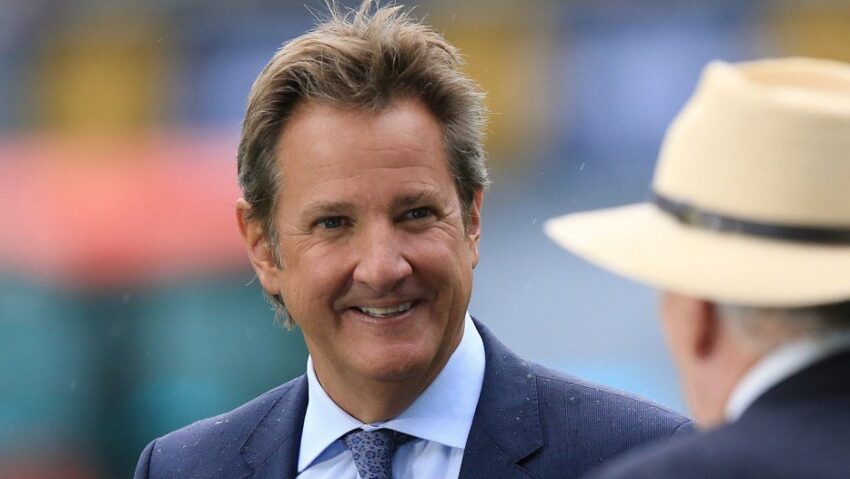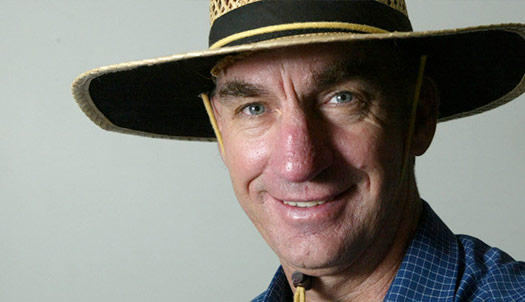There is a lot more to a sport than what reaches one’s eye. It is the job of the sports journalists to break down several nuanced facets of the game and simplify it for the public. Every sport, in some way or the other, is grateful for its presence.
However, it is even better when those who have already played the game to analyse it. A career in professional cricket is not very long. Many, after retirement, turn to broadcast or journalism of some sort, where they help the fan to understand the game better.
1. Michael Atherton
English legend Michael Atherton horned the English whites for more than a decade. After retirement, he turned to journalism and served the game through media. On 1 May 2008, Michael Atherton became the cricket correspondent at ‘The Times’. He succeeded Christopher Martin-Jenkins. Besides, he was also a journalist for The Sunday Telegraph. In 2005, Atherton joined the Sky Sports media house as a commentator. Along with commentating on the games in England, he covers the overseas tours and some domestic games.
2. Venkatraman Ramnarayan
Born in Chennai, Ramnarayan represented Hyderabad in India’s first-class circuit. He is a regular writer for the ESPN Cricinfo website. He also is an editor of the monthly arts magazine called Shruti. Ramnarayan is one of the faculties in the Asian College of Journalism. He has written three books to date, the latest one being ‘Third man - Recollections from a life in cricket.’ The book was published in 2015.
3. Jonathan Agnew
Jonathan Agnew is, for many, synonymous with cricket in England. However, few know that he represented the English team on the field as well. While he was still playing in 1987, Agnew got off-season employment with BBC Radio Leicester as a sports producer. In the coming years, Agnew became the chief cricket writer at Today newspaper. He joined BBC as a cricket correspondent in 1991. Agnew has been commentating and writing on cricket since the 90s. Besides cricket, he also covered the 2016 Rio Olympics for the BBC.
4. Richie Benaud
Richie Benaud was one of the most respected commentators in cricket. An international cricketer himself, Benaud represented Australia in 63 test matches until he retired in 1964. He took a course in cricket commentary with the BBC while he was still playing. In 1960, Benaud did his first radio stint with the same media company and later moved to television. Besides England, he was also associated with the Nine Network in Australia. Richie Benaud was speaking on air when Shane Warne bowled the ‘ball of the century. Due to his distinct speaking style, there have been plenty of impersonations of Benaud in popular culture.
5. Mark Nicholas
One of the most celebrated English commentators, Mark Nicholas, played plenty of first-class matches before broadcasting. He had represented Hampshire for 18 years (1978-1995) and also captained the side in his last ten years. Nicholas began his career in broadcasting right after the end of his cricketing career. He was associated with Sky Sports and Channel 4 for his ventures in England. He was a part of Australia’s Nine Network during their home season until 2018/19. Mark Nicholas was also a regular columnist for the Daily Telegraph until 2008.
6. Peter Roebuck
Peter Roebuck was a giant in the domestic county circuit of England. He played 335 first-class matches. After his retirement in the early 90s, Roebuck turned to Journalism and started covering cricket. Roebuck wrote columns for The Sydney Morning Herald, ESPNcricinfo, and The Age. He also did a commentary stint for the ABC channel in Australia. Roebuck passed away in 2011 while he was in South Africa.
7. R.C. Robertson-Glasgow
R.C. Glasgow was a Scottish Cricketer who represented Somerset for 15 years and also played for Oxford University in his schooling days. However, after his retirement, Glasgow gained a lot of appreciation for his writing. During the fag end of his career, Glasgow worked as a cricket correspondent for the Morning Post in 1933. He also wrote for reputed organisations such as The Observer, Sunday Times, and Daily Telegraph. In 1959, R.C. Robertson Glasgow became the chairman of the Writer’s Club.
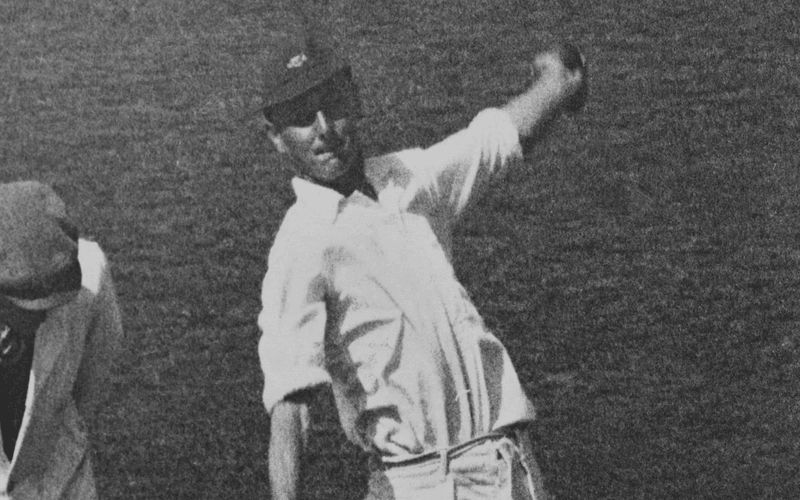
8. Evelyn Wellings
Born in Egypt, Wellings played first-class cricket for Somerset. In his brief cricketing career of 36 first-class matches, Wellings has scored 836 runs with a hundred. Evelyn Wellings wrote for the London Evening News and Daily Mirror. He was also a regular writer for Wisden cricket from 1945 to 1972. Among the several books which Wellings has written, some of the more famous ones are - No Ashes for England, 1951; The Ashes Retained, 1955 and A History of County Cricket: Middlesex, 1972. A British cricket author, Ian Wooldridge, famously wrote about Wellings' writing that he “dipped his pen in vitriol.”
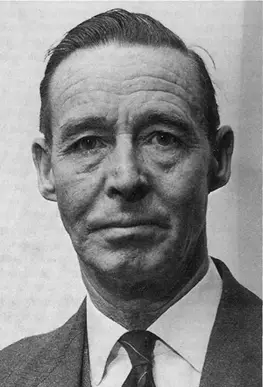
9. Jack Fingleton
Jack Fingleton played 18 test matches for Australia in his short career of 6 years in the 1930s. A right-handed batter, Fingleton was known for his defensive approach in batting. Post the second world war, Fingleton turned to journalism. He wrote on Politics and Cricket. While reporting, Fingleton wrote a bunch of books that earned him appreciation in Australia. Cricket Crisis (based on the bodyline series of 1932 - 33), Brown and Company - The tour in Australia and The Ashes Crown the Year.
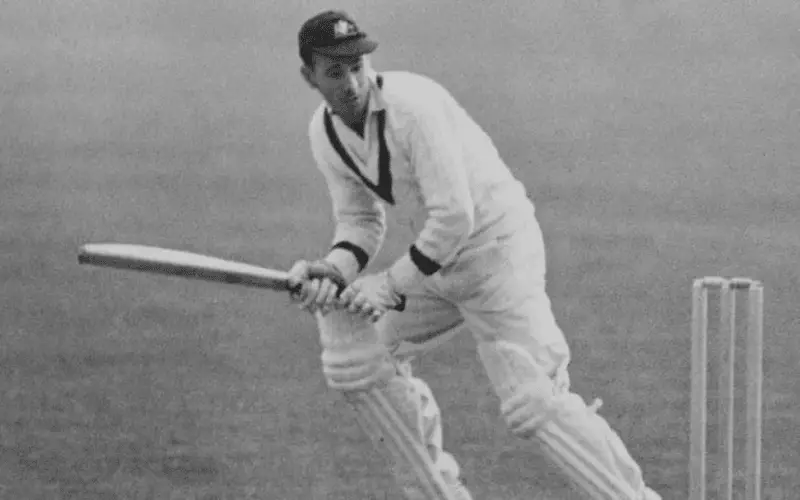
10. Bill O’Reilly
Playing for Australia, Bill O’Reilly had a bowling average of 22 in the 27 tests that he had played. Besides, Bill was also a handy batsman down the order. He has more than 1,500 First Class runs to his name. After retiring from cricket, O’Reilly worked as a cricket columnist for the Sunday Morning Herald until 1988. In London, he had also worked for the Daily Express, and his articles were published in The Age of Melbourne. O’Reilly wrote two books: his autobiography, Cricket Conquest: The story of the 1948 Test Tour and Cricket task force.
